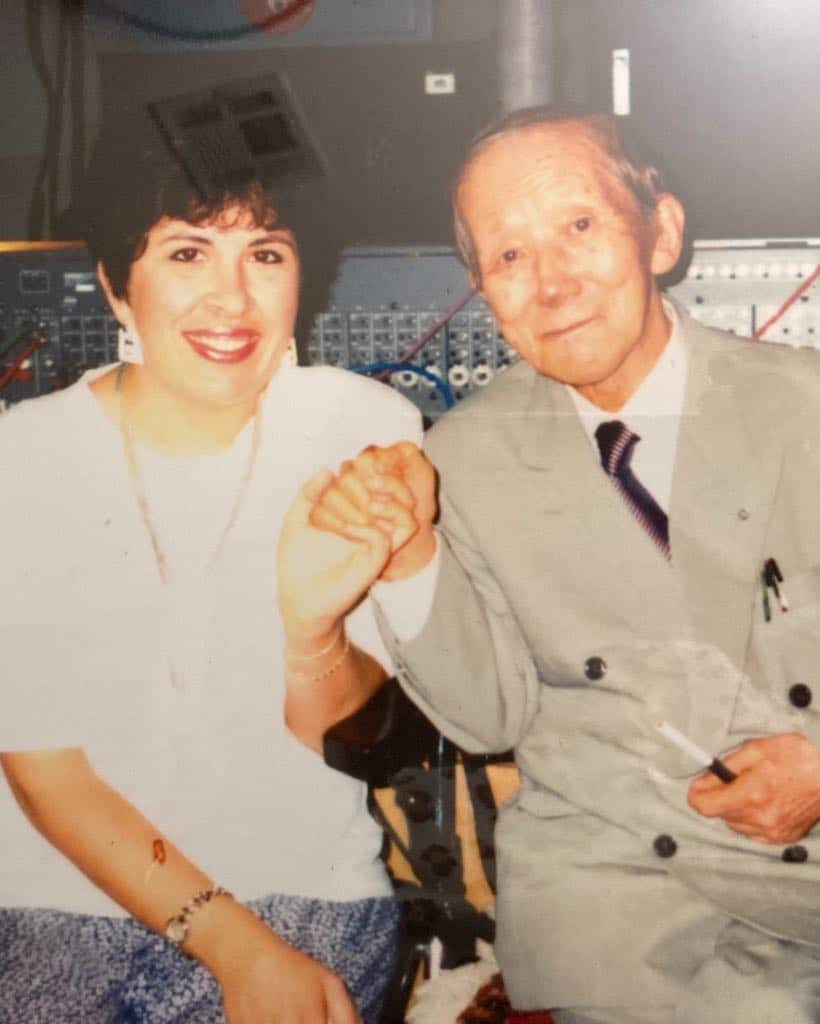Purpose of Suzuki Group Classes:
To work on and reinforce techniques and musical concepts learned in the private lesson.
To learn more advanced techniques through review of previously learned pieces.
To become musically flexible by accepting and reacting to different interpretations.
To improve skills in following directions.
To instill discipline in following the leader (orchestra preparation).
To become a better audience.
To learn to work together as a team and become a better ensemble player.
To learn to offer constructive criticism in a positive environment.
To provide a social and educational environment for motivation.
To prepare for performances.
TO HAVE FUN!
To build a community. The community building in group class involves the triangle: the parent, teacher, and the child.
Role of the Parent at Suzuki Group Classes:
To attend group lessons and take notes on techniques and musical concepts stressed.
To practice with your child the ideas worked on in class.
To arrive in plenty of time for class. Late arrivals mean stopping the entire class for tuning.
To discuss with your child the purposes of group class and what the appropriate behavior should be.
Role of the student:
To practice at home what was presented in the group class.
To show respect for students, parents, and teachers.
To listen to the teacher and react quickly to instructions.
To remain in rest position while the teacher is talking.
To sit and watch attentively while more advanced students are playing.
To sit quietly on the floor after being tuned.
Parent Involvement – As when a child learns to talk, parents are involved in the musical learning of their child. They attend lessons with the child and serve as “home teachers” during the week. One parent often learns to play before the child, so that they understand what the child is expected to do. Parents work with the teacher to create an enjoyable learning environment.
Early Beginning – The early years are crucial for developing mental processes and muscle coordination. Listening to music should begin at birth; formal training may begin at age three or four, but it is never too late to begin.
Listening – Children learn words after hearing them spoken hundreds of times by others. Listening to music every day is important, especially listening to pieces in the Suzuki repertoire so the child knows them immediately.
Repetition – Constant repetition is essential in learning to play an instrument. Children do not learn a word or piece of music and then discard it. They add it to their vocabulary or repertoire, gradually using it in new and more sophisticated ways.
Encouragement – As with language, the child’s effort to learn an instrument should be met with sincere praise and encouragement. Each child learns at their own rate, building on small steps so that each one can be mastered. Children are also encouraged to support each other’s efforts, fostering an attitude of generosity and cooperation.
Graded Repertoire – Children do not practice exercises to learn to talk, but use language for its natural purpose of communication and self-expression. Pieces in the Suzuki repertoire are designed to present technical problems to be learned in the context of the music rather than through dry technical exercises.
Delayed Reading – Children learn to read after their ability to talk has been well established. in the same way, children should develop basic technical competence on their instruments before being taught to read music.
Courtesy of Suzuki Association of Americas (SAA)







